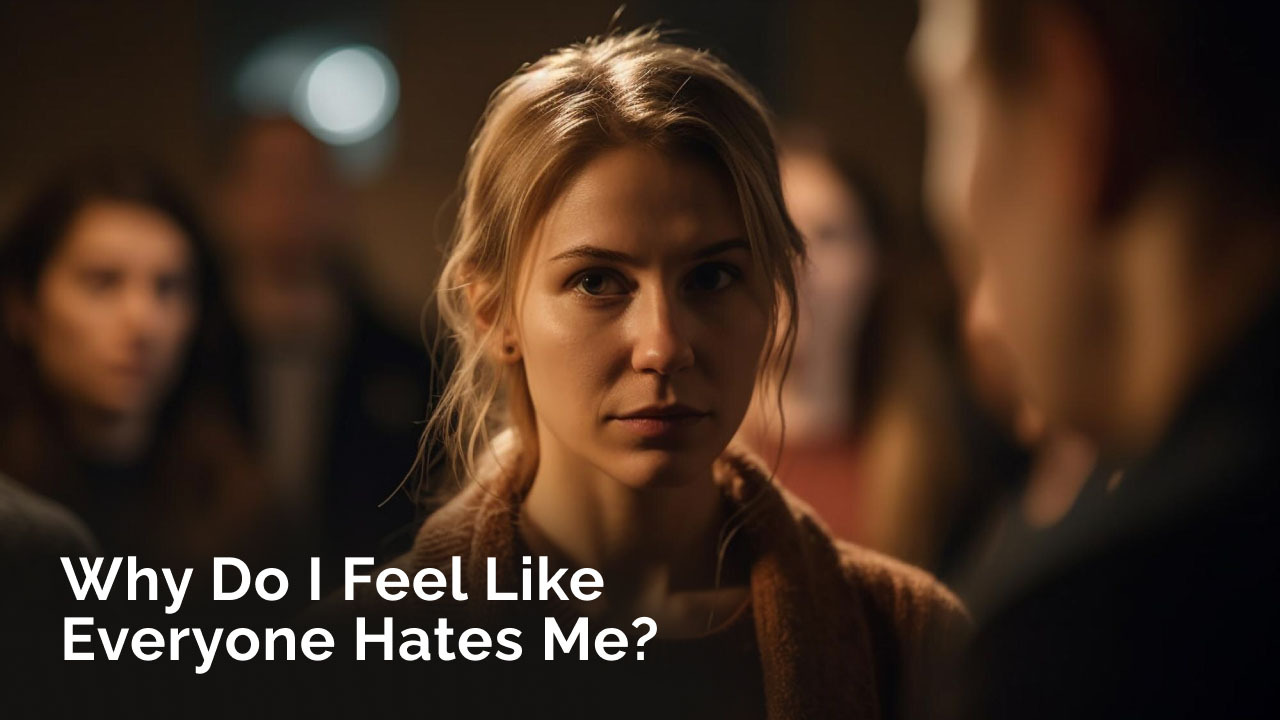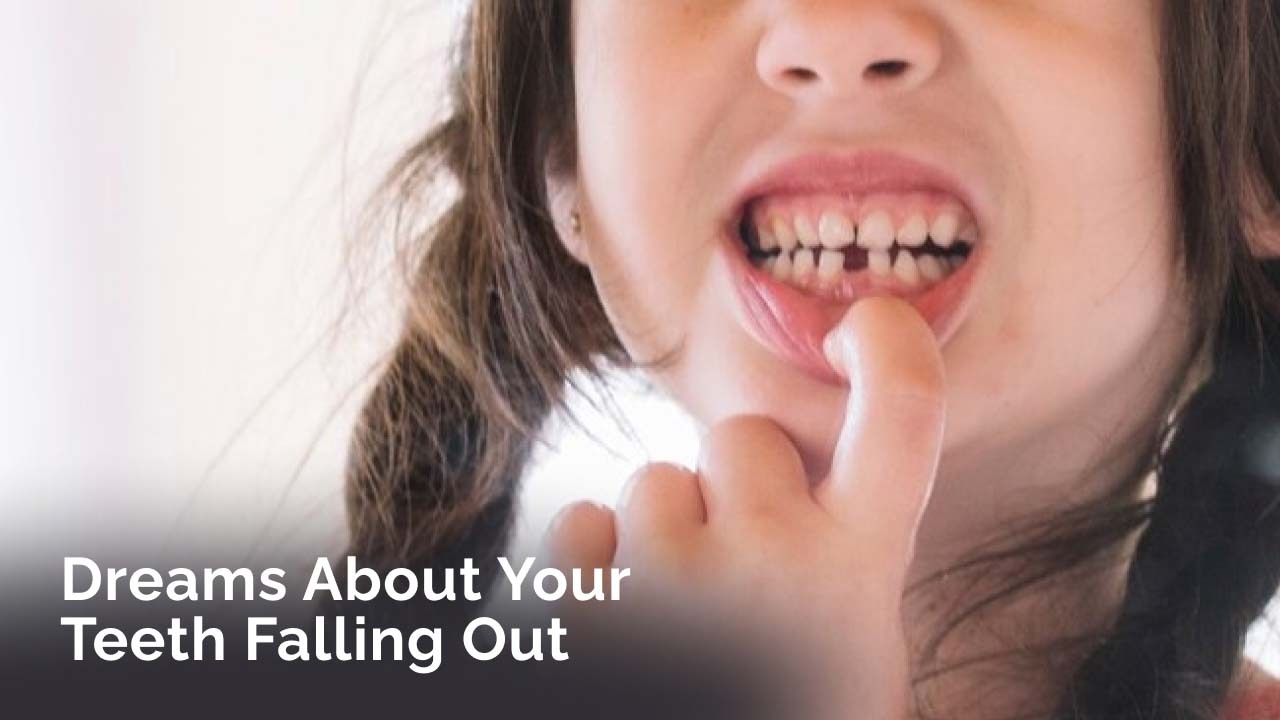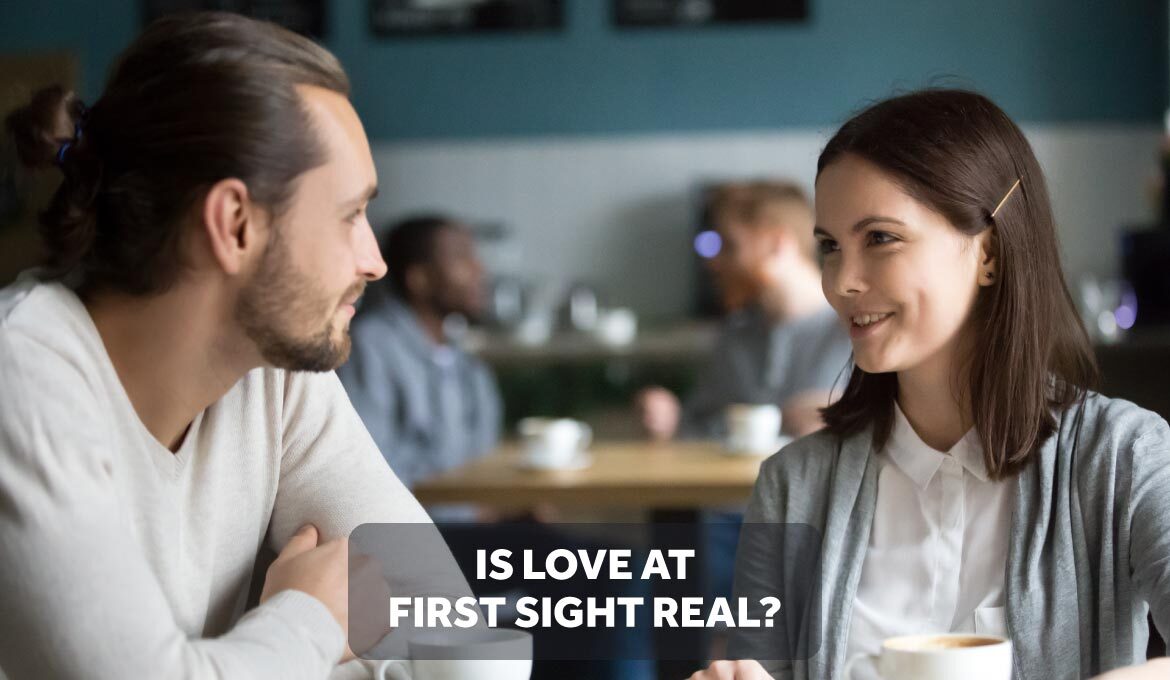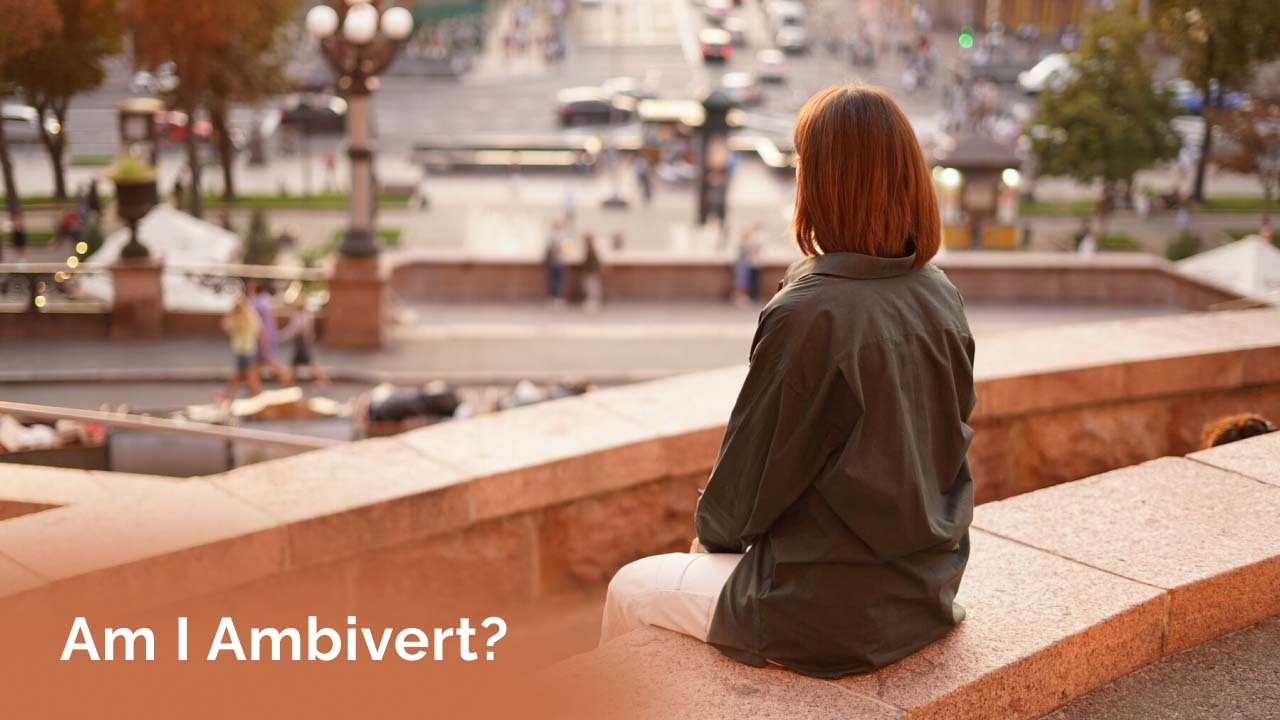
Have you ever felt that everyone hates you? Do not worry. You are not alone. At some point, everyone asks themselves, “Why do I feel like everyone hates me?” This question arises due to your own negative thoughts and feelings for yourself that make you believe you are the worst.
Dealing with these feelings can be challenging to go through. Well, make it clear that you are not a bad person and not everyone hates you. But if you are asking yourself the same question, it is important to find out the reasons and solutions to fix them for the sake of your relationships and well-being.
This article will uncover the answer to your question about feeling hate from everyone so you stop thinking that all people share the same sentiment toward you. Let’s explore.
Does Everyone Really HATE YOU?
Many people surround your life. For sure, some people will like you, and some will not. But it is not true that “Everyone hates you.”
Your perception or your internal stem of negative thoughts and emotions may make you feel this way. Moreover, your worries can overwhelm you and cause genuine distress, which can further lead to anxiety, leaving you with the feeling of being unwanted and hated by people.
So, taking care of your physical health is impacted by your emotional health. Before assuming that everyone hates you, consider some aspects about yourself like:
- Have you relaxed?
- Are you tired?
- Are you hydrated?
- Are you hungry?
10 Reasons Why Do I Feel Like Everyone Hates Me
Thinking that Everyone hates me can be damaging, which can damage your mental health. But the fact is not everyone hates you; it’s all about your internal fears and negative thinking patterns. This is the feeling of how you view yourself. Here are ten reasons why you feel like everyone hates you:
You are a sensitive person.
Highly sensitive people (HSP) easily get stressed by their surrounding people’s behaviors, moods, and communications, which can damage their relationships and affect their mental health by overthinking. Sensitivity is not a mental disorder. Rather, it is a biologically based trait.
So, if you are among such sensitive people, then by observing other people’s emotions and reactions, you may often get overwhelmed by sensory input and get upset if they are not in your favor, making you think everyone hates you and leads you to extreme anxiety, guilt, stress, or even shame.
To cope with your sensitivity, it is important to note the factors or emotions which affect you. Then, you can practice acceptance and mindfulness. Also, go outside to enjoy because, according to a study, an antisocial lifestyle could increase risk sensitivity.
What to do?
- Practice Self-Care.
- Know Your Triggers.
- Meditate and Practice Mindfulness.
- Surround yourself with beauty and nature.
- Get enough sleep.
You may have cognitive distortions.
No matter what goes on in your life. Your happiness depends on your thinking patterns. Even if there are lows in your life and you think everything will get better every day, you will lead a happy life.
But if you always think negatively, it can be a case of cognitive distortions. They are hard to recognize, but they negatively affect your beliefs, thoughts, and even your communication style.
It is a pattern of negative thinking that makes you believe things that are not real. According to the American Psychological Association, cognitive distortions make your thinking negative.
All your perceptions, beliefs, and thinking are antagonistic toward other people’s emotions and feelings. To cope with this, think whether what you are thinking has any evidence and then change your thought patterns and responses to stimuli.
What to do?
- Challenge your assumptions.
- Try the fact or opinion challenge.
- Practice mindfulness.
- Practice compassion.
- Eliminate “should.”
You may have insecurities.
At some point in life, every person deals with insecurities that can arise from numerous causes, such as a lack of confidence, lack of family emotional support, lack of physiological need satisfaction, anxiety, lack of emotional intelligence, lack of openness or any uncertainties related to mental health conditions which force you to show your flaws and make you think everyone hates you.
Insecurities force you to think negatively about your worth, abilities, and skills, impacting your physical, mental, or emotional health.
So, if you don’t feel good about yourself, your insecurity can arise for any reason, and it’s a normal part of human life. To cope with this, you need to be kind to yourself, face your flaws, and set goals to improve them.
What to do?
- Take care of your needs first.
- Embrace the awkwardness.
- Challenge negative thoughts.
- Spend time with people who love you.
- Reflect on the good.
The feeling of loneliness.
The feeling of loneliness can directly be linked to the feeling of why I feel like everyone hates me. Loneliness is a mental health condition that leads you to feel alone, empty, and unwanted, which can be due to your personality or surroundings. Making social connections is challenging for such people because people don’t know you. After all, you keep yourself isolated.
Loneliness is linked with social isolation, introversion, and depression. If loneliness is not taken seriously, it can turn into cognitive distortion or psychiatric disorders, clinical depression, paranoia, social phobia, and bipolar disorder (BD).
If you are shy or introverted, you cannot make friends quickly, which makes you think everyone hates you. To cope with this feeling, talk with someone close you trust and focus on developing quality relationships.
What to do?
- Practice self-care.
- Make the most of your interactions.
- Talk about your feelings.
- Remind yourself it isn’t permanent.
- Join a group to overcome loneliness.
You may have social anxiety disorder.
The feeling of social anxiety can make you feel down. This feeling leaves you nervous and uncomfortable, especially when meeting someone new. Often, if you find yourself uncomfortable or blushing or trembling in public speaking or with strangers, it is a sign of social anxiety.
Social anxiety is also the fear of judgment or public embarrassment from others, which every person faces at some point in life. Its symptoms may include increased heart rate or sweating.
It makes you feel low self-esteem, thinking that everyone hates you. But you can overcome this social phobia by working on your fears and worries. You can also get help from a therapist who has experience treating social anxiety disorder.
What to do?
- Talk with a therapist.
- Gradually introduce yourself to anxiety-inducing situations.
- Challenge negative thoughts.
- Practice public speaking.
- Practice acts of kindness.
You may have paranoia.
Paranoia is a rare mental health condition or a personality disorder that leads you to be threatened in some way, such as people watching you or acting against you. Even though it is not true, it can affect your mental health and force you to think that everyone hates you.
It is a thought process that makes you feel that others are not good for you; they are unfair, lying, or trying to harm you. This thought makes you hostile, aggressive, and defensive, which can be why some people do not like you.
To cope with this situation, monitor your mood changes and engage yourself in your hobby.
What to do?
- Take a proper nutritious diet.
- Get enough sleep.
- Practice mindfulness.
- Take psychotherapy or cognitive behavioral therapy (CBT).
- Cut down on alcohol.
The feeling of low self-esteem.
Low self-esteem is a low opinion of yourself, which can adversely affect your mental and physical health. Due to this poor sense of self-value, you start to push people away from you.
This feeling arises due to a lack of self-confidence, feelings of competence, and a loss of self-identity. Instead of creating a positive environment, they create negative thoughts, feelings, and opinions of self
A lack of self-worth and value can hurt your life. To cope with this feeling, build positive relationships that raise your confidence and change how you think and behave, and never escape from sharing your inner feelings with someone you trust.
What to do?
- Become aware of thoughts and beliefs.
- Challenge negative thinking.
- Spot troubling conditions or situations.
- Practice self-care yourself.
- Focus on hopeful thoughts.
You may be comparing yourself to others.
Although we all know that we are different from each other, because of human nature, we unintentionally start comparing our lives with others.
Human life is linked to social cultures where not comparing yourself to others is not possible. Seeing people doing well makes you feel down, and you question your self-worth and start comparing your achievements with others.
The continuous comparison habit makes you feel like a loser in the group, making you think everyone hates you. Our brain compares our lesser qualities with a person’s best qualities and measures success or achievement.
Instead, you should focus on your enthusiasm and reliability to avoid comparison.
What to do?
- Limit your time on social media.
- Count your blessings.
- Write down your positive traits.
- Appreciate others instead of envying them.
- Work on improving your abilities.
You may be codependent.
It feels blessed to get support from someone close to you. Codependent is a habit of gaining confidence in the function of others. In other words, it means relying on them to make your self-esteem fully.
But this extreme desire can have a negative impact on them, which can be the reason why they might hate you.
Your situation can represent a needy image in front of them, which can be dangerous for your relationship.
Being codependent makes you weaker in standing up for yourself, or you need your friend’s or partner’s approval before doing any small thing. So, to avoid such a situation, start taking on your command and responsibility.
What to do?
- Be honest with yourself and your partner.
- Stop negative thinking.
- Don’t take things personally.
- Consider counseling.
- Establish boundaries
You may be interrupting people.
Interrupting is when you cannot stop yourself from speaking in the middle before another person finishes. This is one of the annoying things that people may hate about you. It shows you are irritating and disrespectful, and people start to avoid you.
Even if you think you’re interrupting for a good reason, it seems you are rude and not self-disciplined, and this has a negative impact as it represents that you don’t care what they have to say.
So, you need to understand the psychology of interrupting to cope with this habit. Let the other person finish, and then offer your thoughts to make the conversation positive for everyone.
What to do?
- Practice being a good listener.
- Wait to formulate your ideas.
- Choose when to speak.
- Wait for a pause.
- Pay attention to conversational cues.
How Do You Know If People Hate You?
Indeed, everyone does not hate you, but yes, some may hate you. To find out if someone hates you, notice the following actions that include:
- Avoidance/Ignorance: We all like social gatherings. But if your friends are not inviting you, are not excited to see you, or are sitting alone in your group of friends, it means you are being ignored.
- Continuous condemnation: Another behavior is continuous condemnation. This act shows that no matter what you do, they do not appreciate you and always give negative feedback, which may also include your insult, showing their disrespectful behavior.
- Aggressive behavior: Another behavior that shows they hate is aggression towards you. Their voice will be loud with you, which may include your insult.
Conclusion
Hopefully, from the above points, you get the answer: “Why do I feel like everyone hates me?” The feeling that everyone hates me can be related to cognitive distortion or false or negative beliefs. But remember not to let this feeling take over your life.
There is always a solution to cope with your problems. Try to be gentle with yourself, practice mindfulness and cognitive reframing, eat a healthy diet, get proper sleep, or contact a therapist. You can challenge your negative thoughts and attitudes with patience and a little practice.
FAQs
1. What is it called when you think everyone hates you?
Ans: If you think that everyone hates you, it is a sign of social anxiety disorder, which is the fear of getting judged by others or facing embarrassment.
2. How do I stop thinking everyone hates me?
Ans: To avoid this thinking, you can follow the following tips:
- Consider your social environment.
- Practice cognitive reframing.
- Check your physical health.
- Get enough sleep.
- Consider your self-esteem.
3. What do you need when you think everyone hates you?
Ans: If you are continuously feeling everyone hates you, seek a cognitive-behavioral therapist to help you recognize frequently recurring negative thought patterns or cognitive distortions.
Read Also:





